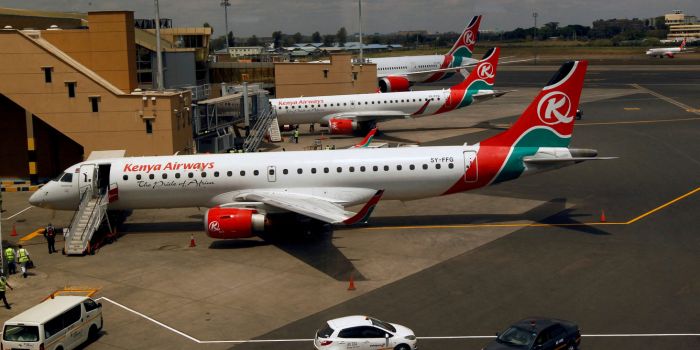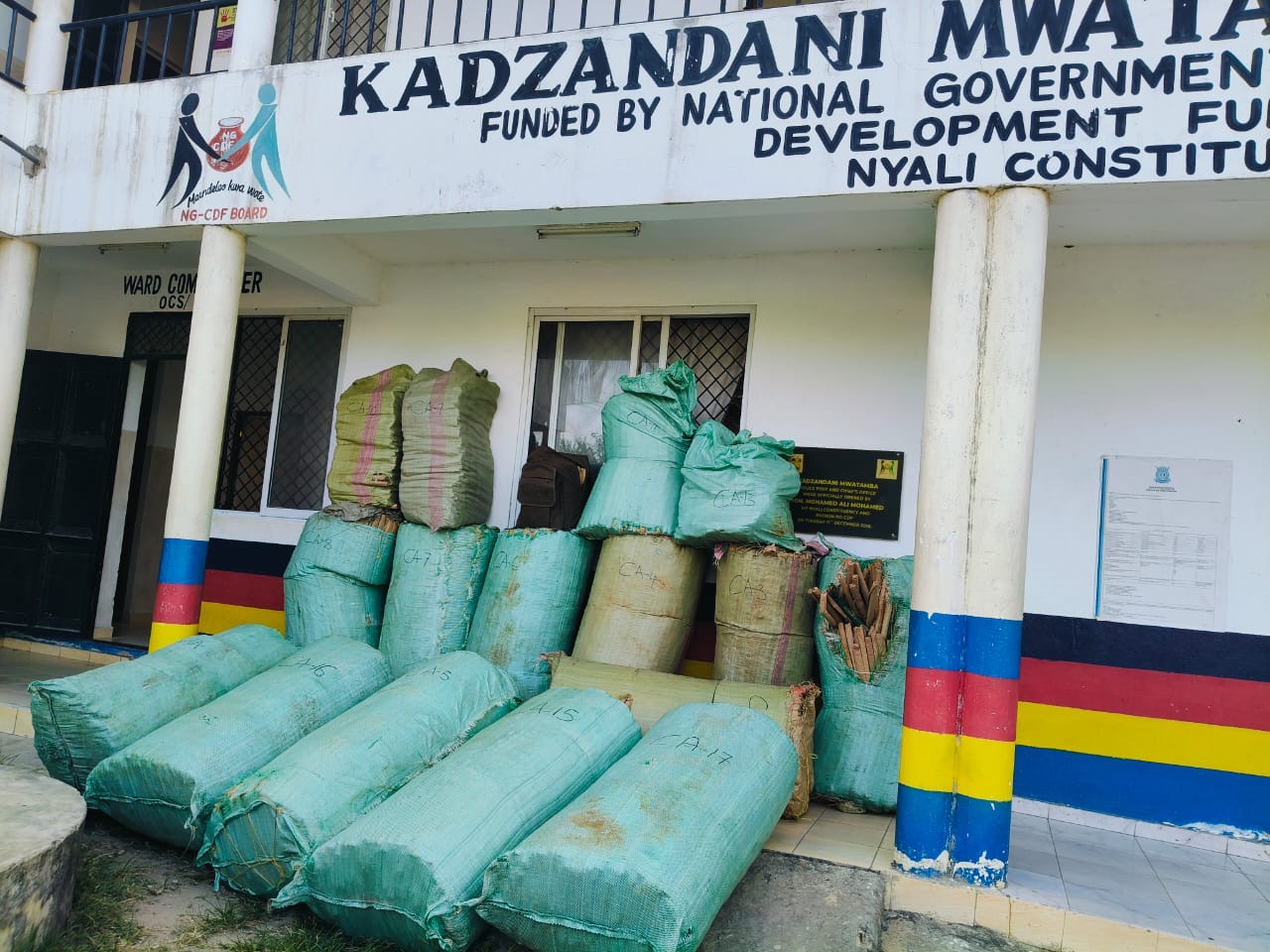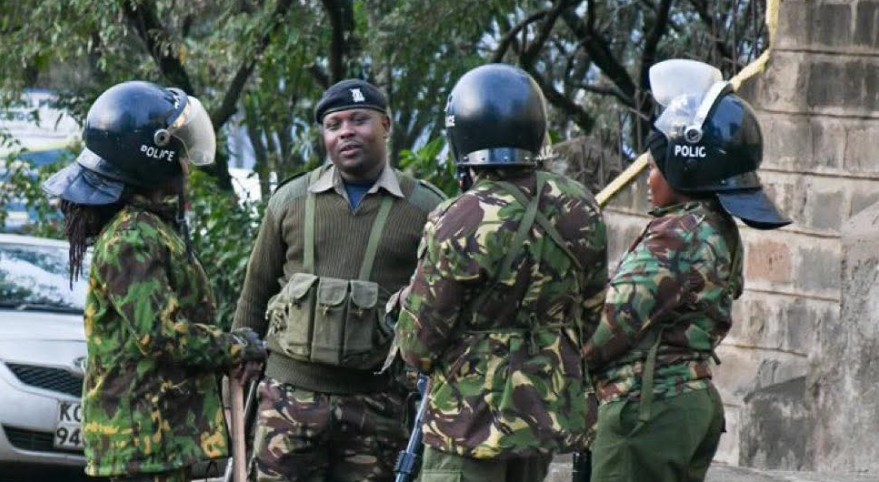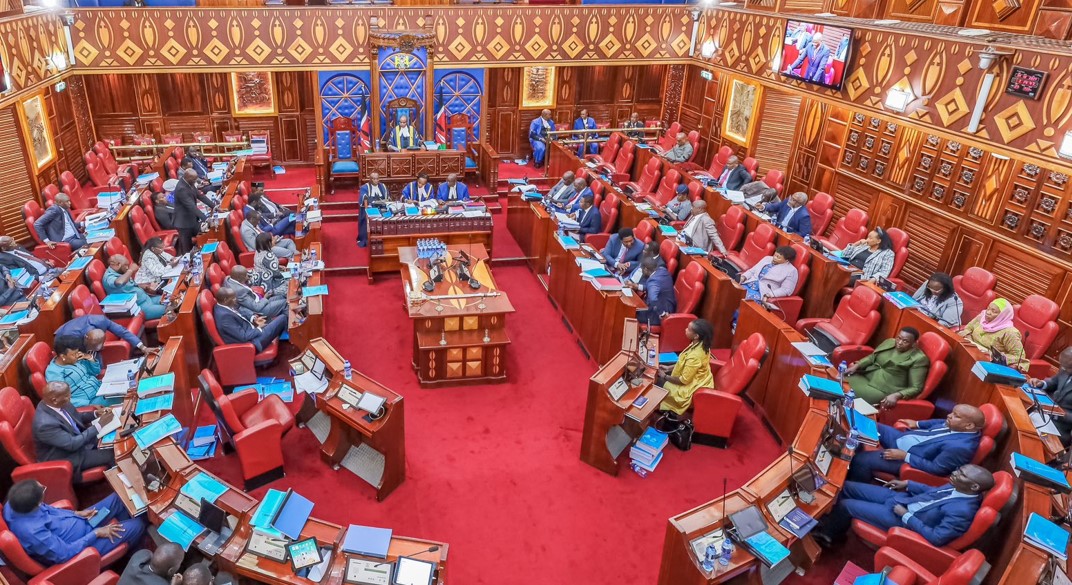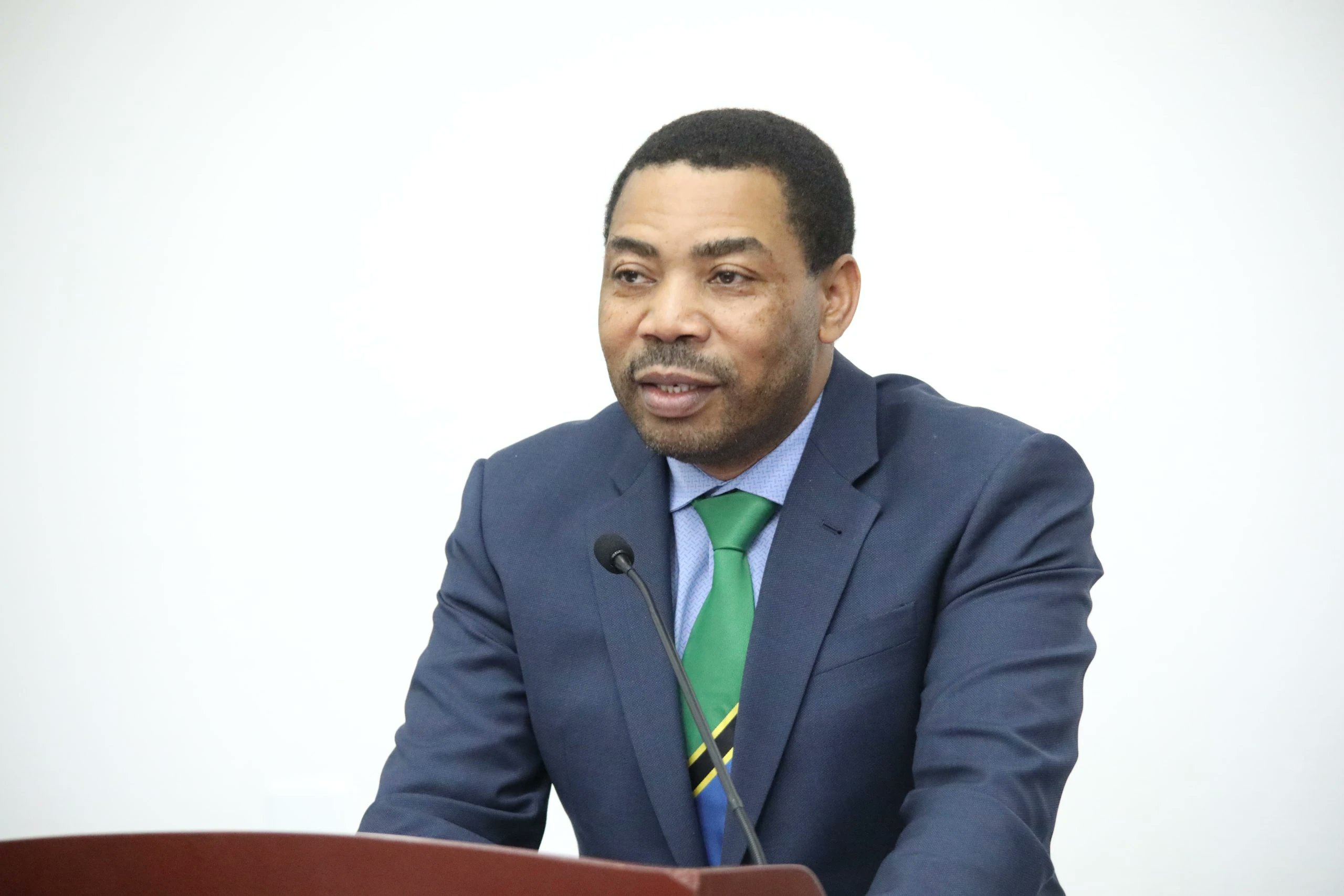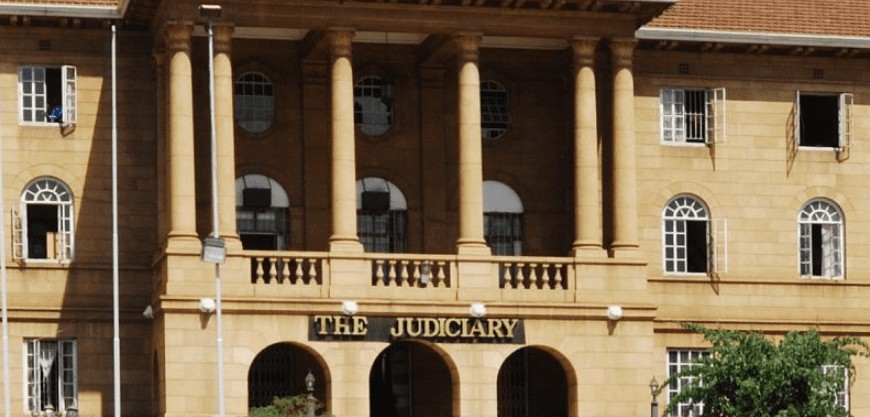Trade CS Kinyanjui warns politicians against remarks risking economic fallout with Sudan
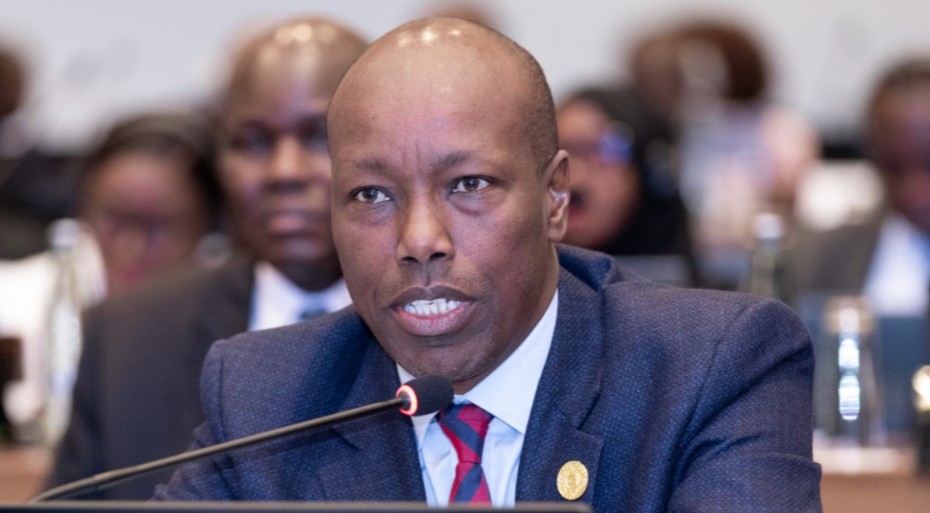
Kinyanjui emphasised that Kenya's top tea consumers — among them Sudan, Egypt, Iran and Pakistan — are diplomatically delicate territories that must be approached with tact.
Trade Cabinet Secretary Lee Kinyanjui has urged Kenya's political class to exercise restraint when commenting on sensitive foreign policy matters, warning that inflammatory remarks could jeopardise the country's economic lifelines — including tea exports to Arab markets.
Speaking on Citizen TV, Kinyanjui emphasised that Kenya's top tea consumers — among them Sudan, Egypt, Iran and Pakistan — are diplomatically delicate territories that must be approached with tact.
More To Read
- Ethiopian militias occupy fertile Sudan land as war shifts army focus
- At least 933 killed in 2025 attacks on Sudan hospitals and health workers, says Save the Children
- Sudan’s RSF, rebel groups form new political coalition led by Hemedti
- Funding shortages threaten relief for millions of Sudanese refugees: WFP
- Sudan: Foreign interests are deepening a devastating war – only regional diplomacy can stop them
- Chad’s border towns overwhelmed by influx of Sudanese refugees
"Our tea doesn't drink itself. It's consumed out there — mostly in the Arab world. These are countries where perception matters. One careless remark can shut down a billion-shilling market," said KInyanjui.
Kinyanjui's comments come amid tensions with Sudan, which recently halted tea imports from Kenya after Nairobi hosted leaders of the Rapid Support Forces (RSF) — the paramilitary group fighting Sudan's army in a brutal war that entered its second year on Tuesday.
The RSF and its allies have since announced a parallel government, escalating diplomatic tensions with Khartoum.
"Let's not allow our internal politics to spill into our foreign policy. We can't afford to lose strategic markets simply because of how we position ourselves internationally," Kinyanjui said, calling on politicians to "manage their tone and timing".
He assured Sudan of Kenya's respect for its sovereignty.
"We've made it clear: Kenya respects the government of the day in Sudan. We want to keep the business relationship alive," Kinyanjui said.
He emphasised that tea, Kenya's leading export, is grown across counties in Central and Rift Valley regions — making any disruption a nationwide economic concern.
"Tea pays fees, pays workers and fuels rural economies. When we hurt that market, we're hurting our people," he warned.
President William Ruto has previously downplayed the issue, insisting that Kenyan tea continues to flow into Sudan.
However, Sudan's embassy in Nairobi has rejected that claim, saying trade was suspended over what it called Kenya's tacit support for rebel factions.
Top Stories Today

